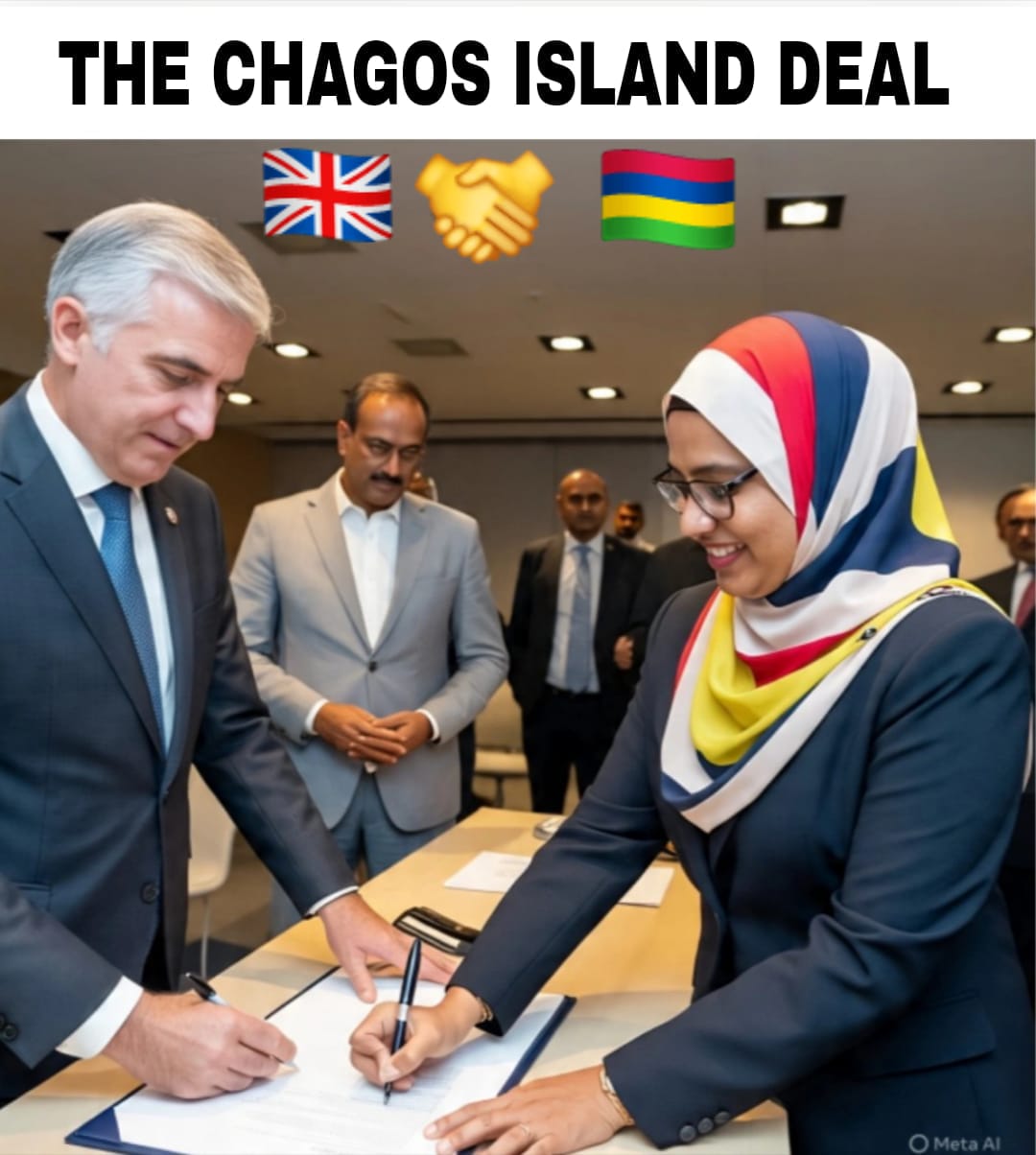The Chagos Island Deal: A Turning Point in Post-Colonial Justice
In the heart of the Indian Ocean lies an archipelago known more for geopolitical contention than serene beaches—the Chagos Archipelago. Long caught in a tug-of-war between the United Kingdom and Mauritius, the islands have once again captured international attention, thanks to a groundbreaking agreement that could bring closure to a painful chapter of colonial history.
🏝️ A Brief History of the Chagos Islands
The Chagos Islands were originally part of Mauritius until 1965, when the UK separated them to form the British Indian Ocean Territory (BIOT). This maneuver occurred just before Mauritius achieved independence in 1968.
In a move widely condemned today, over 1,500 Chagossians were forcibly displaced from their homeland to pave the way for a U.S. military base on Diego Garcia, the largest island in the archipelago. For decades, this community has been fighting for the right to return, while Mauritius has persistently demanded the islands’ return.
🤝 Key Points of the New Deal
Recent diplomatic efforts, driven by resolutions from the International Court of Justice (ICJ) and the United Nations General Assembly, have culminated in a historic agreement. Here are the central elements of the deal:
1. Transfer of Sovereignty
The UK has agreed in principle to transfer sovereignty of the Chagos Archipelago to Mauritius. This transition will take place in phases over several years, signaling a shift away from colonial-era territorial arrangements.
2. Continued US Military Presence
Despite the sovereignty shift, Diego Garcia will remain a key U.S. military base, safeguarded under a new trilateral security agreement involving Mauritius, the UK, and the U.S. British Prime Minister Keir Starmer called the deal “absolutely vital” for regional and global stability.
3. Environmental Conservation Commitments
The agreement includes strong environmental provisions, ensuring the protection of the archipelago's rich biodiversity. Plans for marine conservation zones and sustainable development are in progress, backed by international environmental agencies.
.
🌍 Why This Matters
This deal is more than a territorial handover—it's a symbol of post-colonial justice, indigenous rights, and multilateral diplomacy. The resolution:
- Acknowledges historical wrongs
- Provides a path for displaced Chagossians to reconnect with their homeland
- Balances strategic military interests with sovereign integrity
- Ensures ecological protection in a fragile marine ecosystem
It also sets a powerful precedent for resolving other colonial-era disputes in a world increasingly shaped by ethical foreign policy and human rights advocacy.
📘 A New Chapter Begins
As the ink dries on this historic deal, the Chagos Islands are poised to enter a new era—one defined by dignity, sovereignty, and collaborative stewardship. The world is watching, and the outcome could inspire similar efforts elsewhere to heal the wounds left by empire.
Justice may have been delayed for the people of Chagos, but with this agreement, it is no longer denied.
Sources: BBC, Times of India, ICJ, UN General Assembly.



















